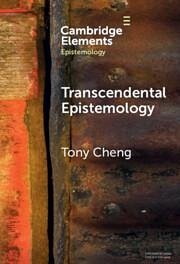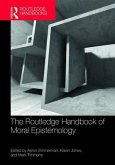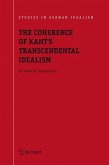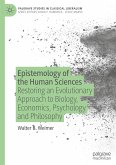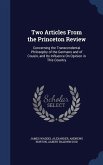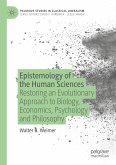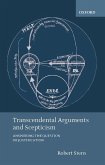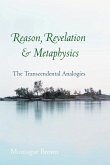Transcendental arguments were prominent in Western philosophy, German idealism, phenomenological tradition, and P. F. Strawson's thinking. They have fallen out of fashion because of their associations with transcendental idealism and verificationism. They are still invoked by important figures in the analytic tradition even if the very same tradition has cast doubt on such arguments. The nature of transcendental arguments remains unclear: Are they supposed to be deductive? Are they synthetic or analytic? If they are a priori, how are they supposed to be about the empirical world? What are their relations to necessity, conceivability, and essence? This Element takes up the challenge of elucidating the nature of transcendental arguments, embedded in the wider context of transcendental epistemology. It will be argued that the key premise 'transcendental conditional' is synthetic, necessary, and a posteriori.

